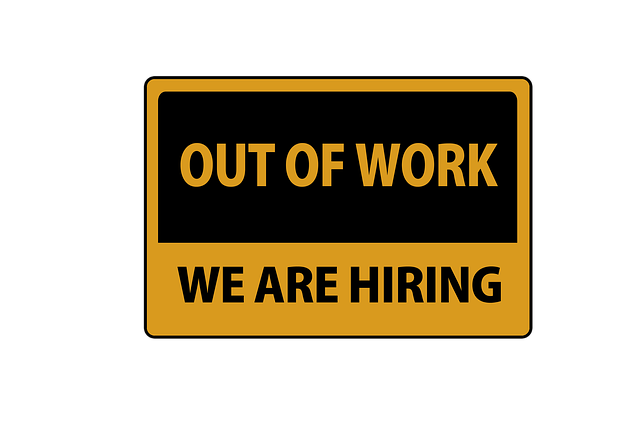In the competitive real estate sector, successful construction projects hinge on setting well-defined goals and milestones before commencement, including specific timelines, budget constraints, and quality standards. Regular review of these goals through site visits, reports, and meetings is crucial for promptly addressing deviations like delays or quality issues. Robust on-site quality assurance practices, strategic planning, and rigorous inspections ensure exceptional project outcomes, fostering a culture of excellence that meets or exceeds client expectations. Efficient progress monitoring, consistent quality control, and advanced technology, such as project management software and remote monitoring tools, streamline communication, identify bottlenecks early, and ensure timely delivery, enhancing industry reputation.
In the dynamic realm of real estate development, monitoring progress and ensuring quality workmanship are paramount for successful projects. This comprehensive guide delves into three key strategies: setting clear goals and milestones, implementing effective on-site quality assurance practices, and leveraging technology to track progress seamlessly. By adopting these methods, real estate professionals can navigate complex projects with confidence, delivering exceptional outcomes that meet the highest standards.
Setting Clear Goals and Milestones for Construction Projects in Real Estate

In the dynamic realm of real estate, setting clear goals and milestones is paramount for successful construction projects. Before breaking ground, stakeholders must define measurable objectives that align with the project’s vision. These goals could encompass timelines, budget constraints, and quality standards, among other factors specific to the development. For instance, a project might aim to complete structural framing within six weeks, adhere to a $200 per square foot budget, and maintain an 85% defect-free rate during inspections. Each milestone should be meticulously planned and documented, serving as touchstones for progress monitoring throughout construction.
Regularly reviewing these goals against actual project performance is crucial. Regular site visits, detailed reports, and stakeholder meetings facilitate this oversight. If deviations from the plan occur—be it delays, cost overruns, or quality issues—prompt corrective actions can be taken. This proactive approach ensures that the final product meets or exceeds initial expectations, fostering investor confidence and contributing to a robust real estate market.
Implementing Effective Quality Assurance Practices on Site

In the dynamic realm of real estate, implementing robust quality assurance practices on-site is paramount to ensuring exceptional project outcomes. It involves a strategic blend of meticulous planning, rigorous inspection, and continuous monitoring throughout every construction phase. By establishing clear quality standards and protocols, developers and contractors can foster a culture of excellence, ultimately delivering projects that meet or exceed client expectations.
Effective quality assurance in real estate goes beyond simple checks and balances. It entails empowering site supervisors and foremen with the knowledge and tools to identify potential issues early on, addressing them promptly to prevent escalation. Regular audits, comprehensive training programs, and open communication channels between all stakeholders create a collaborative environment where quality is not just maintained but continuously enhanced. Such practices contribute to a smoother construction process, minimize costly rework, and elevate the overall reputation of developers and contractors in a competitive market.
Utilizing Technology to Monitor Progress and Ensure Consistency in Real Estate Development

In the competitive real estate market, efficient progress monitoring and consistent quality control are essential for successful project completion. Technology plays a pivotal role in facilitating both aspects. Advanced tools like project management software enable developers to track every stage of construction, from initial planning to final handover. These platforms streamline communication, set clear milestones, and provide real-time data on resource utilization, budget adherence, and scope of work. By leveraging such technology, real estate professionals can identify potential bottlenecks early on, allowing them to make informed decisions and ensure timely project delivery.
Furthermore, digital solutions offer unparalleled consistency in quality assurance. Remote monitoring tools enable inspectors to assess progress from anywhere, reducing the time spent on site and increasing efficiency. Additionally, drones equipped with high-resolution cameras capture detailed aerial images, facilitating a comprehensive visual inspection of large-scale developments. This technology not only enhances accuracy but also provides a historical record of project development, making it easier to compare against initial plans and ensure compliance with quality standards across all real estate ventures.






